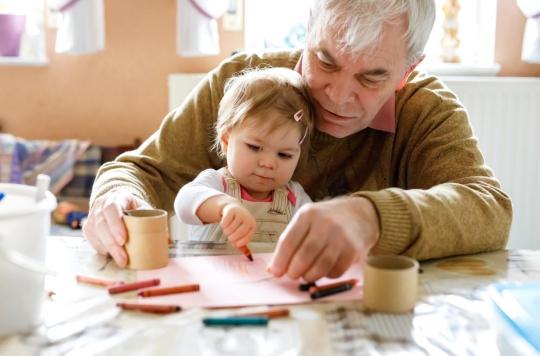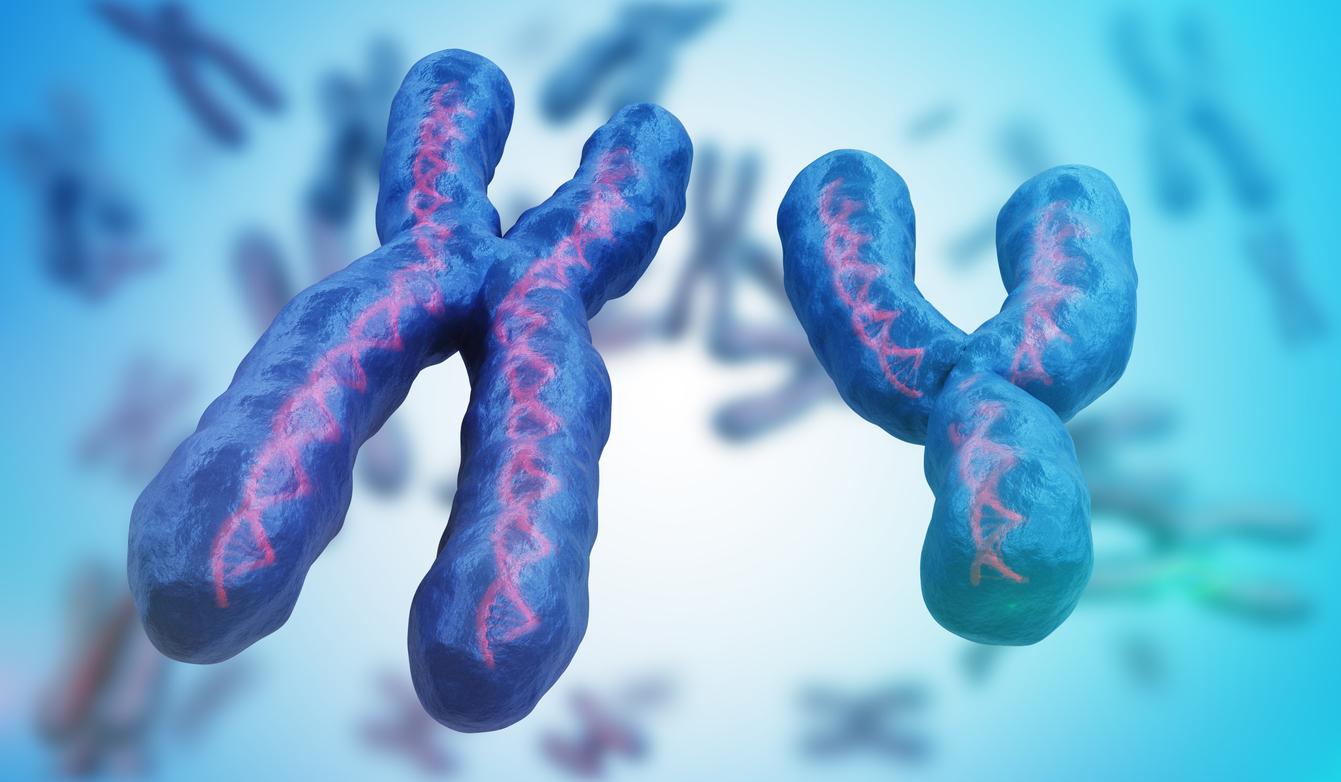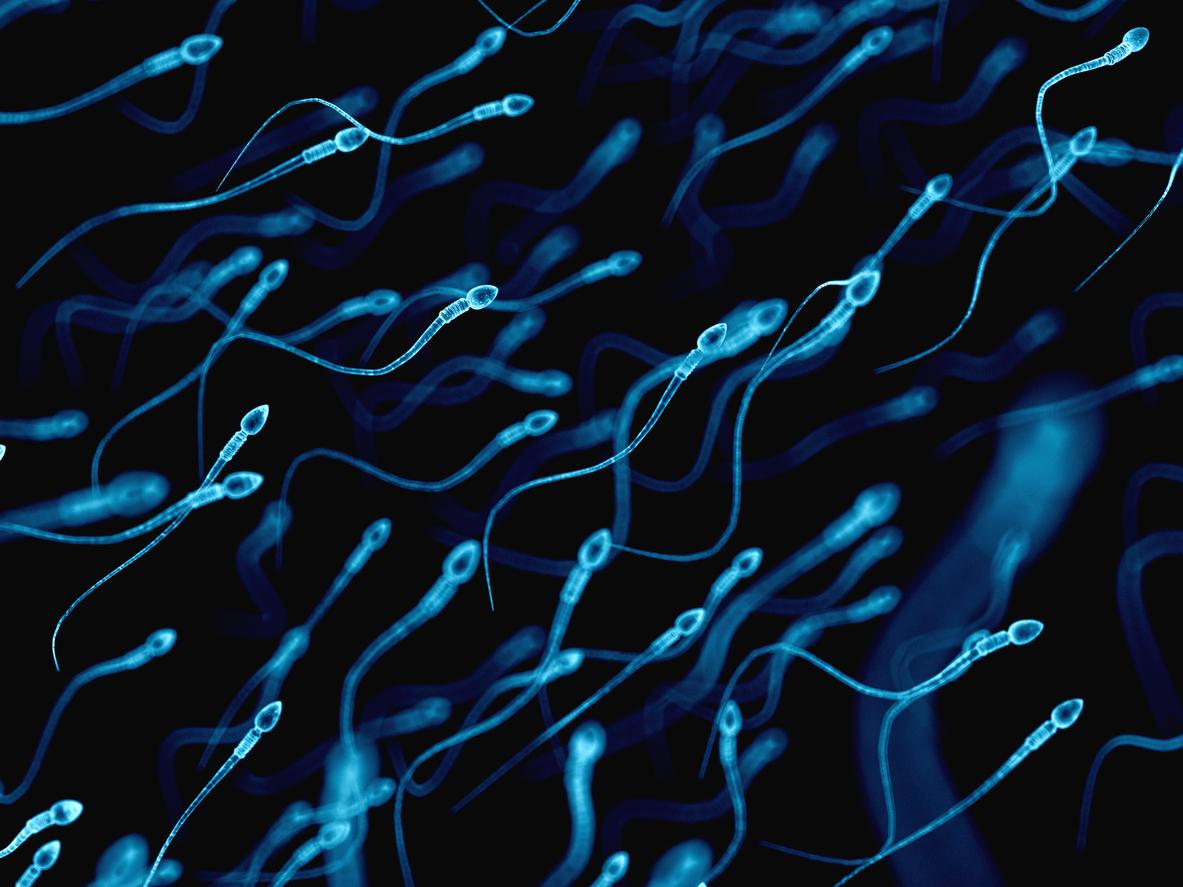According to a recent study, men have their own biological clock and having a child after a certain age, precisely from the age of 45, could put his partner at risk during pregnancy and have negative effects on the baby at the end of his life. birth or after.

Everywhere in developed countries, both men and women have children much later than before. But if we constantly hear about the biological clock of women, what about that of men? According to a study to be published in the journal Maturias, late paternity could affect the health of both mother and child.
To reach this conclusion, Gloria Bachmann, director of the Women’s Health Institute at Rutgers Robert Wood Johnson Medical School, analyzed 40 years of research on the effects of parental age on fertility, pregnancy and child health in the United States.
The researchers were thus able to observe that fathers aged 45 and over not only often have fertility problems (even when the woman is under 25) but also put their partner at greater risk than others during pregnancy with complications such as pre-eclampsia or gestational diabetes. Furthermore, the children of these older fathers are more likely to be born prematurely, to weigh too little at birth or to be babies in crisis, without a cleft mouth, with congenital heart disease or even without vital signs.
Another disturbing observation and not the least: growing up, these children have a greater tendency to develop cancers, psychiatric and cognitive disorders or even autism.
Aging is accompanied by a natural decline in testosterone
Thus, “while it is officially accepted that the physiological change that occurs in women after the age of 35 can affect conception, pregnancy and the health of the child, most men do not realize that their advanced age can have a similar impact”, notes Gloria Bachmann.
The researcher attributes most of these problems to a natural decline in testosterone that accompanies aging, as well as the breakdown of sperm and poorer ejaculation quality. “Besides the problem of male infertility, there could be other changes in the aging of the sperm. For example, while people lose strength in muscles, flexibility and endurance with age , the sperm could also lose its luster over the course of existence”, she explains. Thus, damage to sperm due to aging can cause sperm count to drop and lead to a change in sperm and eggs passing from parent to offspring and becoming incorporated into the DNA of the latter’s cells.
“While women tend to be more aware and educated than men about their reproductive health, most men only seek medical help if they have medical or fertility issues,” Bachmann said. In conclusion, she recommends that physicians counsel older men as they would counsel older women about the effects of age on conception, pregnancy, and child health. Finally, if men plan to delay fatherhood, they should consider having their sperm frozen before they turn 35 and at the latest before they turn 45.th birthday in order to reduce the risks to the health of the mother and the child, she advises.
In France, 5% of men have a child after 45
Because socially, biological pressure weighs much more on men than on women. “Women are reminded in the parenting press of everything that is thought of as socially appropriate to optimize their chances of pregnancy, while men are rarely empowered or enjoined to take care of their fertility capital. We will eventually talk about disruptors for men. endocrine, but it is an external factor”, explained Magali Mazuy, research fellow at INED, in an article devoted to the subject at Slate in 2017.
And yet, the United States is not the only country concerned by increasingly late paternity. In France, according to the latest figures from INED, 5% of men have a child after 45, almost three times more than in 1980.
According to a study published in 2017, in rich countries, the reasons for which a man delays his fatherhood are similar to those of women. Namely: the availability of contraception, the decrease in the number of unplanned pregnancies and the interest of couples in their professional careers. Thus, the more a man has a high level of education, the older he tends to be when he gives birth.
.

















